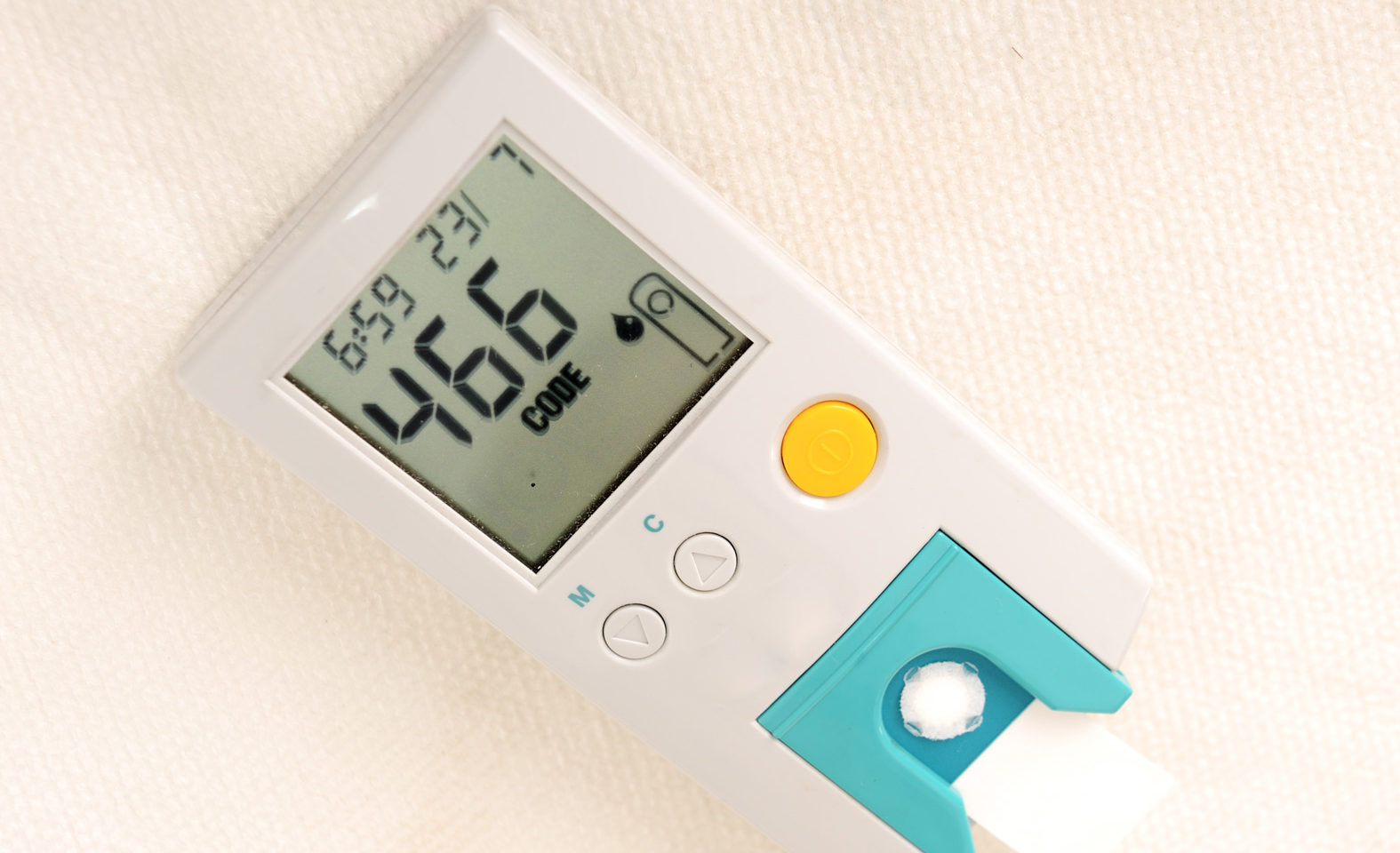So, you finally got that diagnosis you dreaded: diabetes. In fact, the doctor thinks your blood sugar’s been running high for years. Can you reverse it?
It depends on what you mean by “reverse.” There’s no cure for diabetes—either Type 1 (the kind children have) or Type 2 (the kind that comes on in your adulthood). You’ll always have a tendency to have high blood sugar.
But there is such a thing as getting your blood sugar under control. It’s possible. And the sooner you do it, the more “normal” you’ll feel.
Don’t panic. You’ve got this. Here are some things to remember about your condition.
Reversing Diabetes Is Mostly In Your Own Lap
Diabetes is just high blood sugar. Your body isn’t making enough insulin, a hormone that keeps blood sugar levels normal.

To get your blood sugar behaving itself again, your doctor will probably recommend a healthy food plan, regular exercise, and maybe medication (like insulin). She also might have you check your blood sugar levels at home with a blood glucose meter.
These are all changes, of course. But don’t be intimidated. Millions of people have adapted to this lifestyle.
In fact, there are plenty of success stories … like Cristina Bresch, who lost 58 pounds with a healthy diet and exercise, the Huffington Post reports (January 2013). She cut her blood sugar to her prediabetic levels and ultimately went off her diabetes medication.
What About Complications?
When you’ve had diabetes for a while, you might be facing side effects. Have a talk with your doctor about these issues and ask if you need special treatment for them:
Foot problems: High blood sugar can cause nerve damage in your feet. This might make you lose feeling in them. If you have a cut or sore, you might not know it.
This can lead to infections in the feet or toes. If they get too serious, you could even need an amputation. Ask your doctor about proper foot care, and check your feet for problems every day.
Eyesight loss: At the back of your eye is your retina, a light-sensitive tissue. Diabetes damages the tiny blood vessels that feed that tissue. This is called diabetic retinopathy, and it’s a leading cause of blindness in America.
Diabetes can also lead to cataracts (clouds over the lens of your eye) and glaucoma (a disease that damages the optic nerve). So, have a dilated eye exam at least once a year, the NEI recommends. This means the examiner will dilate your pupil and look inside your eye with a light.
Kidney problems: About 1 in 4 adults with diabetes develops kidney disease, the National Institute of Diabetes and Digestive and Kidney Disorders (NIDDK) says. And African Americans get kidney disease more often than Caucasians.
Your doctor will probably want to check your urine and blood yearly for any signs of kidney disease. What’s the best way to prevent kidney damage? You guessed it: Get your blood sugar and blood pressure under control.
Nerve problems: Diabetes can damage the body’s nerves, which leads to symptoms like burning, tingling, numbness, or pain. Your doctor can give you an exam and tests to confirm whether you have this.
Again, bringing your blood sugar down is the best way to prevent the problem from happening. Pain relievers and other medicines also might help.
So, I Did Everything Right … Am I Cured Now?
With a healthy diet and exercise plan, and possibly medication, you can lose weight and control your blood sugar. However, Type 2 diabetes never really “goes away”:
- If you overeat, your blood sugar will probably spike higher than a non-diabetic person’s.
- As you age, your blood sugar also might creep up.
- The same thing can happen when you go through times of stress.
Someday, you might need to add medication to your daily routine again. But then again, you might not. Science doesn’t have all the answers yet about diabetes.
Between now and the last day of your life, there’s only one best plan: Take care of yourself. Keep up the healthy eating and exercise. You’ll feel better, and your body will thank you for it in the long run.
If someone you love has advanced diabetes, share this story with them. And tell them not to settle for anything less than their healthiest life.


